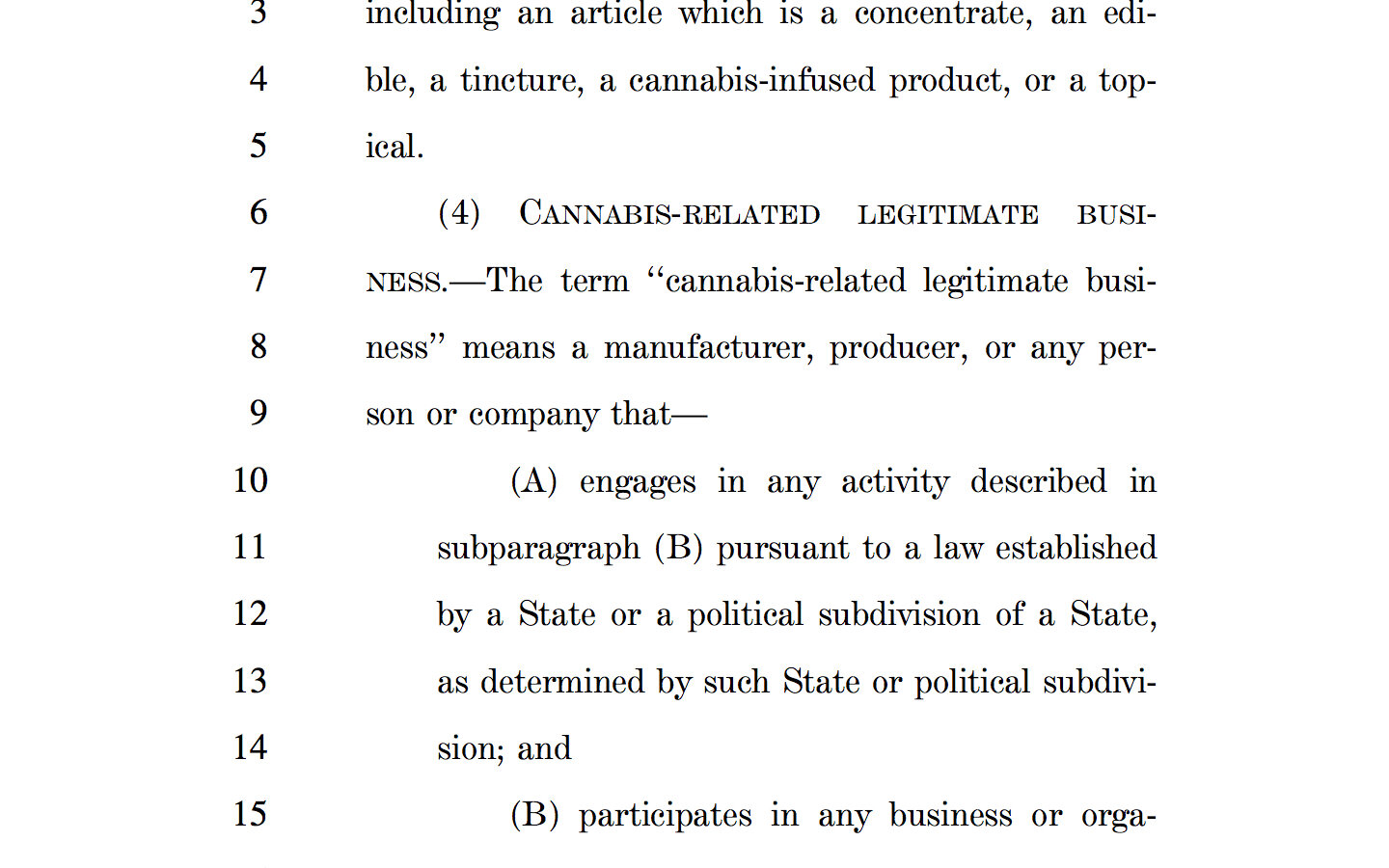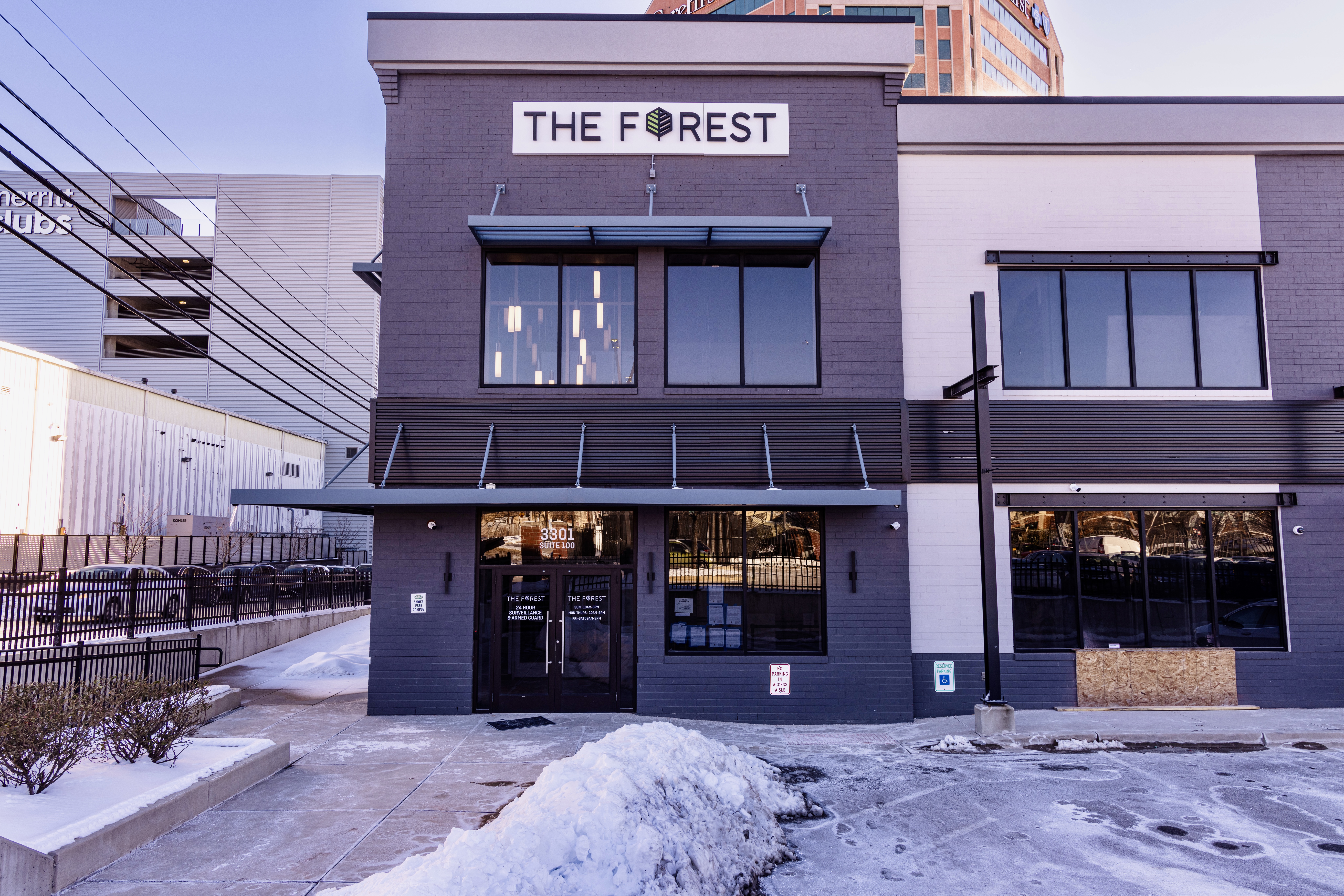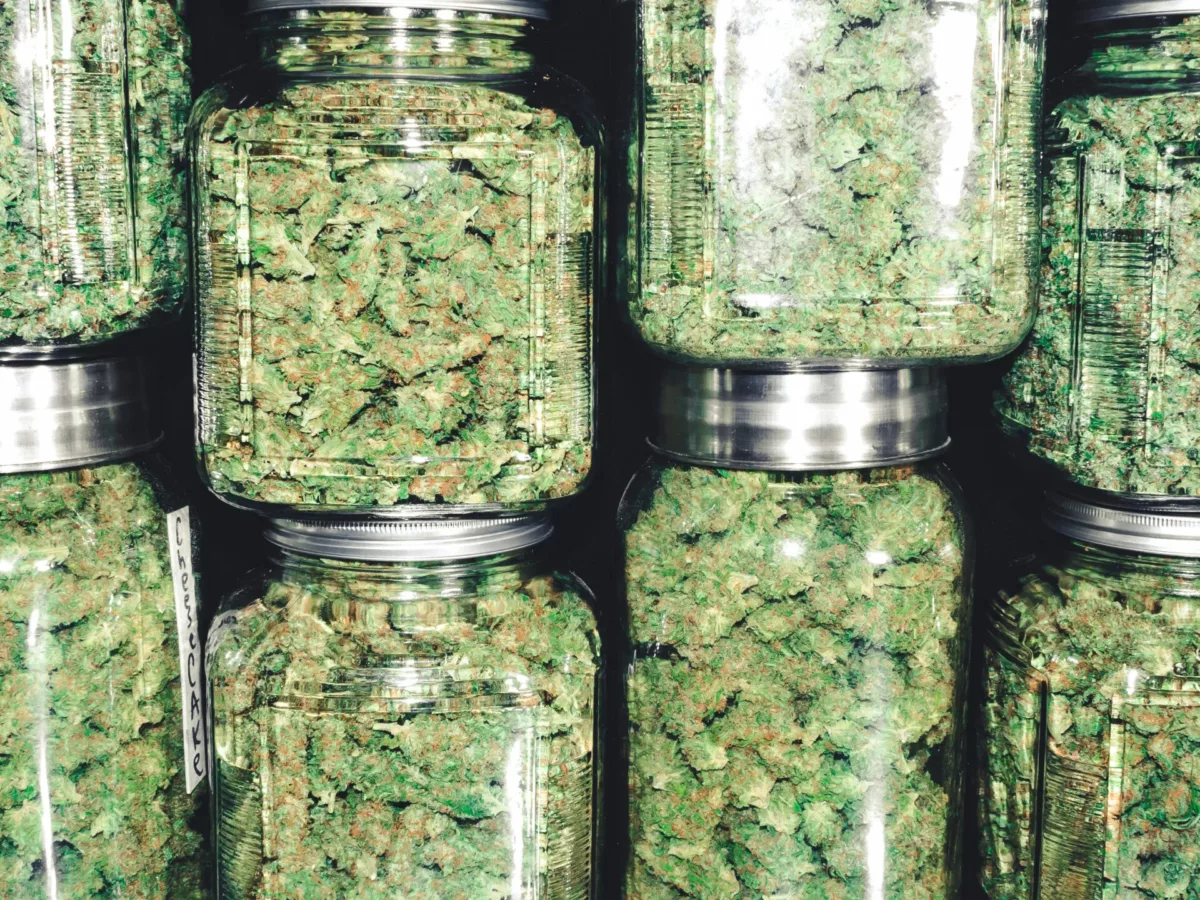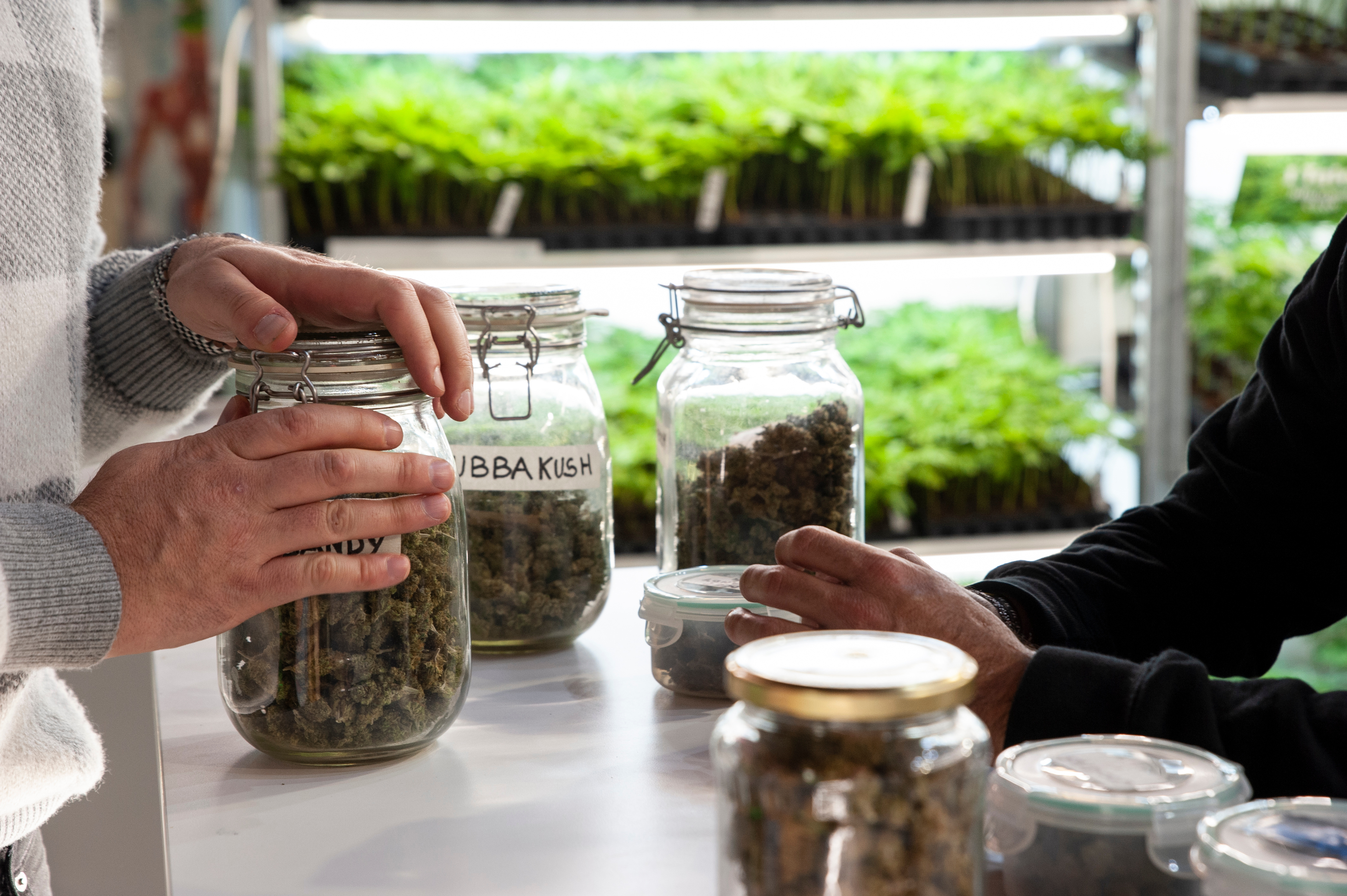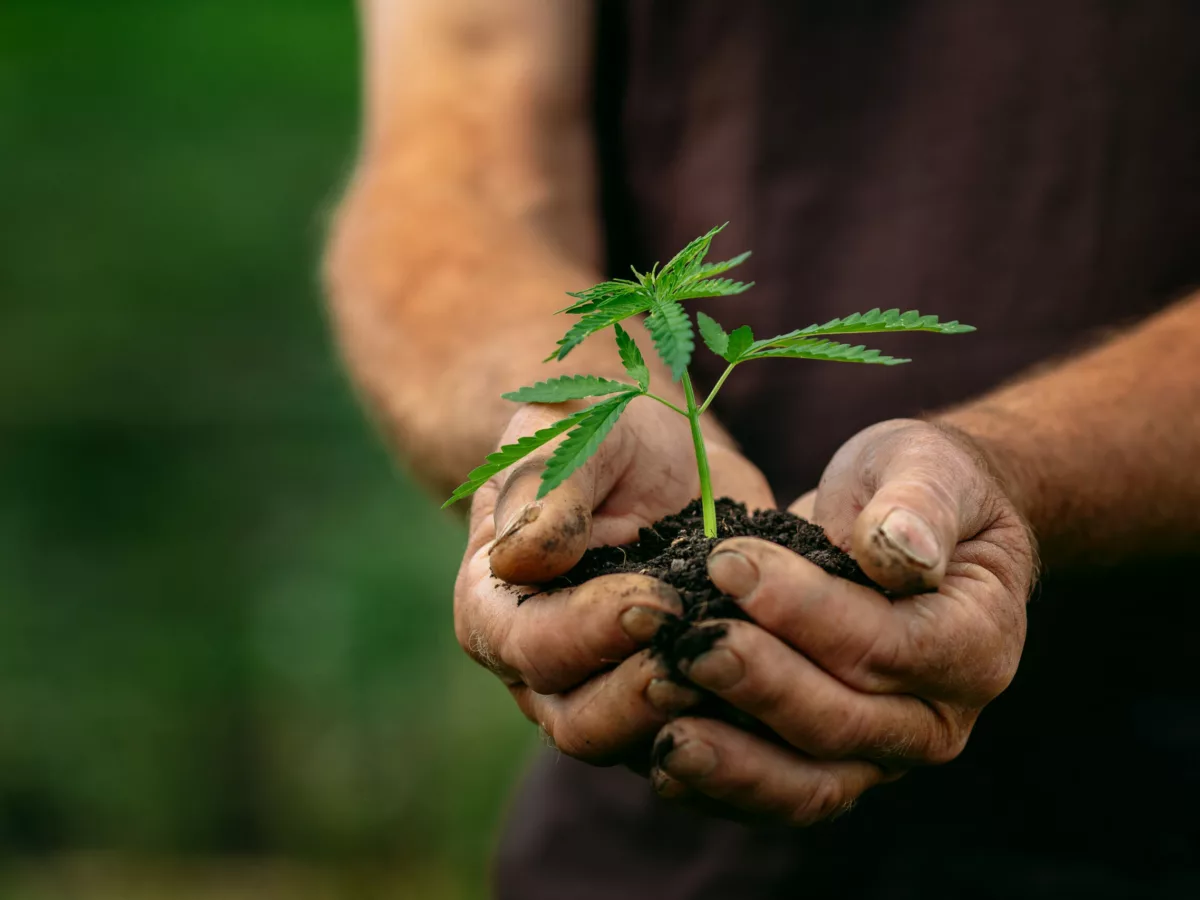Earlier this month, the expansive COVID-19 relief bill, the Health and Economic Recovery Omnibus Emergency Solutions Act (or The HEROES Act) was approved by the House Of Representatives. For those in the cannabis industry, the HEROES Act was especially welcome because it included The Secure and Fair Enforcement Banking Act (or The SAFE Banking Act) which would protect banks who choose to work with cannabis companies from criminal prosecution (because cannabis is federally illegal) and therefore allow banks to provide loans and other forms of financial assistance to cannabis companies.
The Senate is not expected to vote on the HEROES Act until June and Republicans, who have a majority in the Senate, are not expected to approve the bill. They have been downright hostile to it, with Senate Majority Leader Mitch McConnell calling it a “liberal wishlist” and complaining about much of its content, including The SAFE Banking Act and its association with the cannabis industry.
McConnell generated an oft-repeated talking point about the HEROES Act: the 1,815 page bill mentions the word cannabis a total of 68 times.
“Just to give you an example of some of the absurdity,” McConnell said on Fox News. “It mentions the word ‘cannabis’ of all things 68 times.”
McConnell also noted that “cannabis” appears more times than the words “job” or “hire.” The frequency with which a word appears in a given bill does not necessarily illustrate a bill’s priorities but McConnell’s talking point has spread and is worth taking a closer look at. Many Republicans and conservative talkers dutifully repeated McConnell’s “68 times” line as if to suggest the Democrats have their heads in the clouds and are focused on weed rather than the economy at a moment of national crisis.
Cannabis appears 68 times across 25 pages, when the HEROES Act addresses the SAFE Banking Act and also a bill that mandates the federal government begin a study looking at the barriers women and people of color endure when they try to enter the cannabis industry. The latter bill, mandating the study, would be the first step towards increasing diversity in the cannabis industry which would increase employment and expand the already robust industry.
A look at the 68 cannabis references show that one of the reasons it appears so much is to clarify the specific businesses helped by these bills: “cannabis-related legitimate business.” So while “cannabis” appears more than “job” (which appears 52 times) or the word “hire” (which appears 17 times), the word “cannabis” is almost always tied directly to “business,” which clearly indicates the bills are focused on the cannabis industry’s economic impact and the jobs these businesses can sustain.
It should also be noted that McConnell, a major supporter of hemp, did not take issue with the word “hemp” appearing 22 times in the HEROES Act.
As The Outlaw Report pointed out last week, The SAFE Banking Act will lead to the loss of fewer jobs in the cannabis industry and create more jobs because it allows cannabis businesses the ability to operate just like any other business—and obtain loans.
Democrats have noted supporting cannabis companies is supporting small businesses—the kinds of people that Republicans are often invoking as needed support.
An April letter signed by 10 Democratic senators, including Kamala Harris, Ed Markey, Bernie Sanders, and Elizabeth Warren in support of allowing cannabis companies to receive support from the Small Business Administration (something that was ultimately not included in the HEROES Act) framed cannabis companies as small businesses currently discriminated against: “Workers at state-legal cannabis small businesses are no different from workers at any other small business—they show up to work every day, perform their duties, and most importantly, work to provide for their families,” the letter said.
When the HEROES ACT passed, Justin Strekal of The National Organization for the Reform of Marijuana Laws (NORML) invoked the SAFE Banking Act’s support of small businesses.
“While larger, better capitalized players may be able to weather this storm,” Strekal said in a press release. “Smaller cannabis businesses may not be able to do so absent some economic stimulus.”
